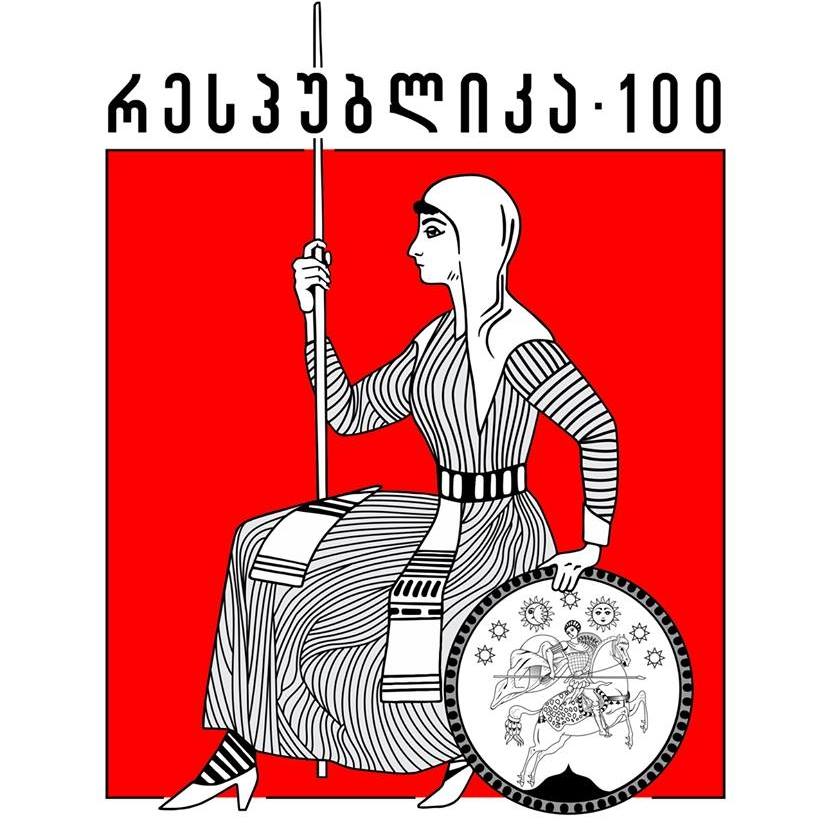Positive Narrative Formation

Republic 100: Year after year, illiberal voices in Europe and beyond are raised to question the universality of human rights and the general viability of the liberal democratic system. In a country like Georgia, which suffered from selective erasure of the historical memory during the Soviet rule and where stability and prosperity have failed to take hold after the country regained its independence reliably, these voices resonate. What if democracy is not for a country like ours? Perhaps true democracy means that the majority's will prevails over the protection of minorities?! These questions are amplified by vicious propaganda and disinformation.
But democracy for Georgia is not a foreign concept imposed abroad: as the European nations were waking by the end of the 19th century, and the central and eastern European nations were finding their equal place among the nations of the world, so did Georgia. Its short-lived but vibrant Democratic Republic of 1918-1921 has put down the foundations of genuinely popular and democratic institutions – parliament, government, courts, schools, the university – all found their national footing. The project "Republic 100", dedicated to the centennial of the Republic, tries to fill the memory gap to acquaint new generations with those statesmen and women who thought, worked and fought for the Republic. Their aspirations, ideas, and pioneering institutional solutions flesh out the documentary narrative of the Georgian democracy. On the platform of Civil.ge, our readers can relive the daily news of the time based on archival documents and newspapers. By collaborating with historians who study that era, the project also publishes thematic research and fascinating stories of people who fought for the Republic in those chaotic years when the Empires clashed and fell. The project has its permanent home at Respublika.civil.ge, engages more than 15 thousand readers on its Facebook page @Republic100Georgia and has featured documentaries under the slogan "Republic is our tradition" (available on YouTube channel )
Europe Herald
In their letter, published in 1918, two young Georgians on a scholarship in Europe appealed to their compatriots to help issue a newsletter, "Europe Herald", to help the young Georgian Democratic Republic "establish an unmediated link with Europe". We found that idea inspiring and launched the Facebook page to tell our citizens European stories without passing through third-country channels. Today, like then, our contributors are mostly young Georgians who work or study in Europe and tell us stories of their corners of Europe – as they happen. An experiment of sorts, the page gained a rapid following on social media. One of the reasons, our readers tell us, is because the news is reliable, which is not to be taken for granted in today's media landscape saturated by disinformation.
But there is another reason why Europe Herald stands out: our creative team pushed the historical parallel further and told the news as the old Georgian newspapers would. Familiarity with the European context and the European leaders, sometimes tongue-in-cheek commentary linking the affairs in Paris, London or Belgrade to Georgian's concerns of the day – in other words, an accurate perception of living in a shared home – this is what the page is trying to convey, and our faithful readers keep coming for more. By deepening the intuitive find, we realize every day how much the muzzled Soviet press has imposed newspeak instead of the living language – and by restoring life to the language of news, Europe Herald sometimes amuses, sometimes shocks, but always informs, and already spawned some imitators – which means that it is on the right track!

